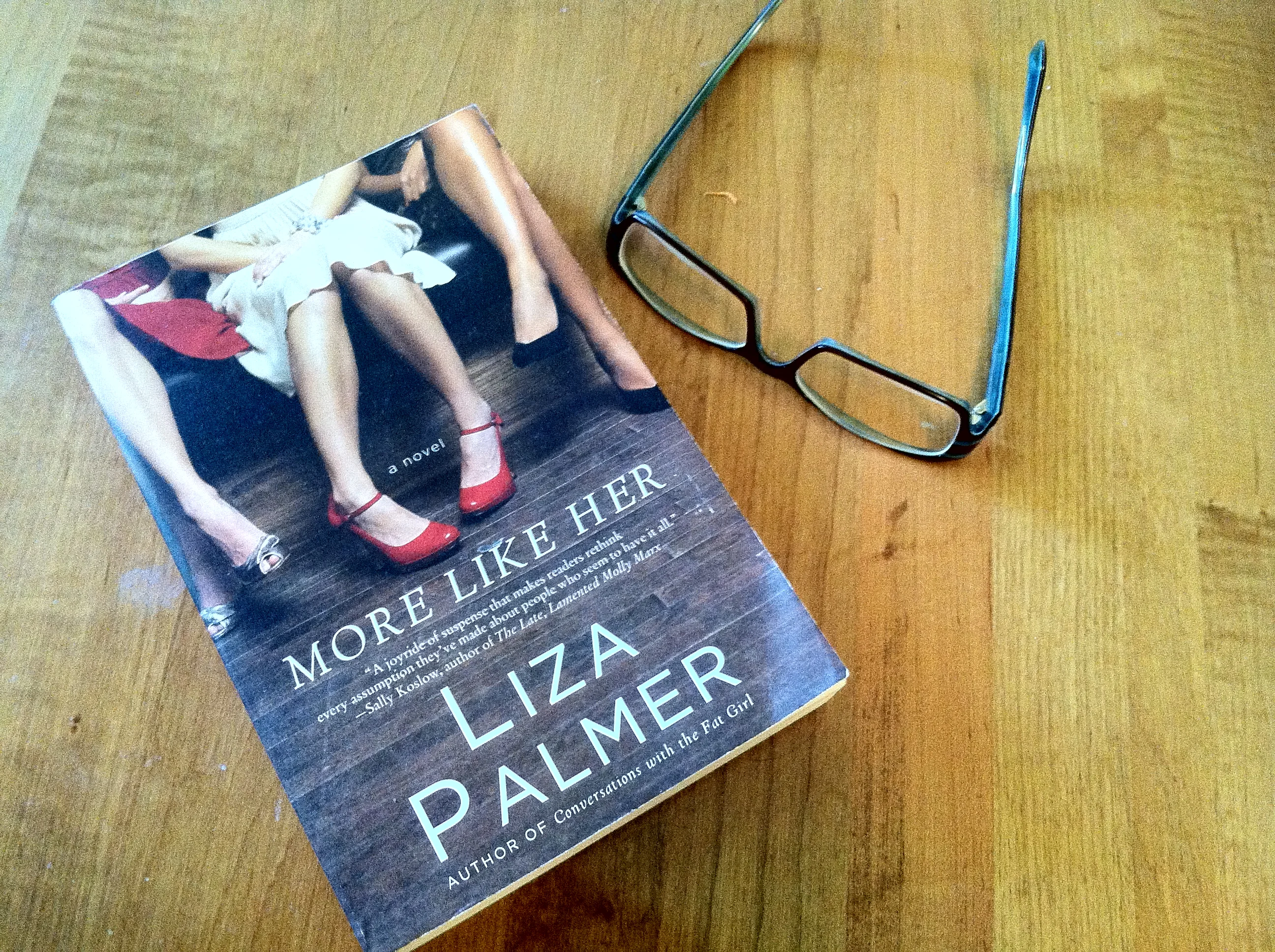Recommendation Tuesday started as a joke and is now an official thing. Basically, this is my way of making Tuesday a little more awesome. If you've got a book to recommend on this or any Tuesday, tweet me at @FullShelves and I'll help spread the word.
View all of the past recommendations over here.
When author Ruthie Knox emailed me about a review copy of the Summer Rain anthology, I jumped on it when I saw the lineup of authors contributing to this collection of "novelettes." In addition to Ruthie, favorites like Molly O'Keefe and Mary Anne Rivers also contributed to the anthology which supports the important work of RAINN.
Each of the nine novelettes is a complete story (unlike so many anthologies which are too often stuffed with teasers for other books *shakes fist*), thematically bound together by the idea of summer rain. The major are contemporary stories, but there are a couple of science fiction/fantasy entries and there's also a "new adult" entry from Audra North.




















